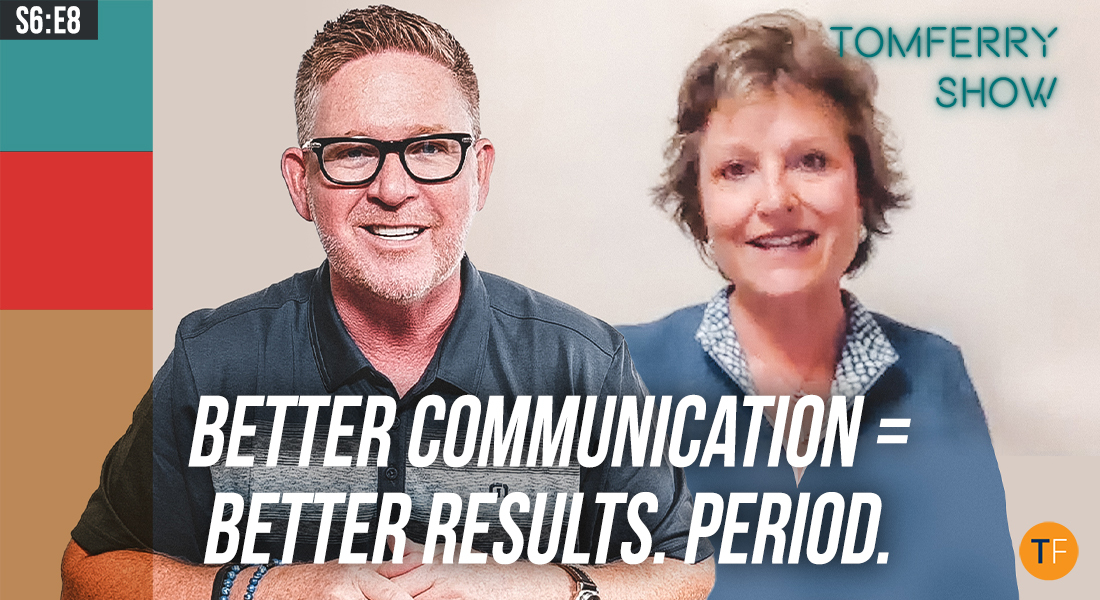Could Your Expertise be Hurting Your Communication Skills?
If you want to know how to communicate clearly, start by asking yourself: Am I truly speaking to my audience, or am I just speaking from what I already know? As a real estate agent, your knowledge is valuable, but only if it is understood. The ability to explain complex information in a simple, relatable way is what separates good communicators from great agents.
Why Clear Communication Matters in Real Estate
We often fall into the trap of assuming our clients know what we know. This is a phenomenon known as the “curse of knowledge.” When you’ve been immersed in the real estate world for years, it is easy to forget that buyers and sellers may not understand terms like MLS, equity, or contingency. And when we use too much jargon or vague explanations, it leads to confusion, frustration, and lost opportunities.
In fact, lack of communication is the number one complaint clients have about real estate agents. If you want to retain more clients, earn more referrals, and create better experiences, learning how to communicate clearly is non-negotiable.
What Is the Curse of Knowledge?
The curse of knowledge is a cognitive bias where experts forget what it’s like not to know something. One study from Stanford University illustrated this perfectly: participants asked to tap out the rhythm of a song thought listeners would easily guess it. In reality, only 2.5 percent guessed correctly. Once we know something, we underestimate how hard it is for others to understand.
In real estate, this shows up when agents gloss over the process, speak in acronyms, or assume clients understand legal or financial terminology. That is why improving your communication skills is critical to your success.
How to Communicate Clearly: 5 Practical Tips
1. Ditch the Jargon
Don’t assume your clients understand industry terms. Instead of saying “We’ll list your home on the MLS,” say, “We’ll market your home through a network that reaches thousands of buyers.” Speak in plain language that communicates benefits, not features.
2. Explain the Why
People remember better when they understand the reason behind your actions. Don’t just say, “We need to stage your home.” Explain, “We stage your home so buyers can picture themselves living in the space, which increases offers and sales price.”
3. Use Analogies and Stories
Stories stick. Instead of explaining commissions as percentages and transactions, say,
“Think of it like this: we only get paid when the job is done right. I don’t charge upfront. My success is tied to your success.”
4. Practice Active Listening
Clear communication is a two-way street. Let your clients speak. Ask clarifying questions. Make sure they feel heard. The better you listen, the more effectively you can respond in ways that truly resonate.
5. Keep It Simple and Structured
When you are delivering important information, whether it is in a listing presentation or a buyer consultation, stay focused. Make one clear point at a time. Use checklists, visuals, or even short videos to make your message more digestible.
Common Questions About How to Communicate Clearly
How can I explain things more clearly to my clients?
Break information into small parts. Use relatable examples. Always check for understanding by asking, “Does that make sense so far?” or “Would you like me to explain that differently?”
What makes communication unclear?
Using jargon, skipping steps, assuming knowledge, or speaking too quickly. Clarity comes from slowing down, simplifying your language, and checking for comprehension.
Why do clients feel confused even when I think I explained things well?
You might be unknowingly skipping key context or using terms they don’t understand. Remember, the goal is not to sound smart, it’s to connect and guide.
Use SUCCESs to Make Your Messages Stick
In the book Made to Stick by Chip and Dan Heath, they outline six principles of effective messaging using the acronym SUCCESs:
- Simplicity
- Unexpectedness
- Concreteness
- Credibility
- Emotions
- Stories
Think about these principles every time you communicate with clients. Whether it’s a short video, a property explanation, or a listing pitch, the SUCCESs framework helps your message land and stick.
Start Communicating with Clarity and Confidence
Learning how to communicate clearly is one of the most important skills you can develop to grow your business and build trust with your clients. Clarity builds confidence. Confidence drives conversion. And conversion grows your career.
Explore our real estate agent tools to sharpen your presentation skills, improve your client communication, and deliver more value in every interaction.
Or if you are ready to take your communication and business strategy to the next level, schedule your free real estate coaching consultation and let us help you connect with more clarity and impact.





